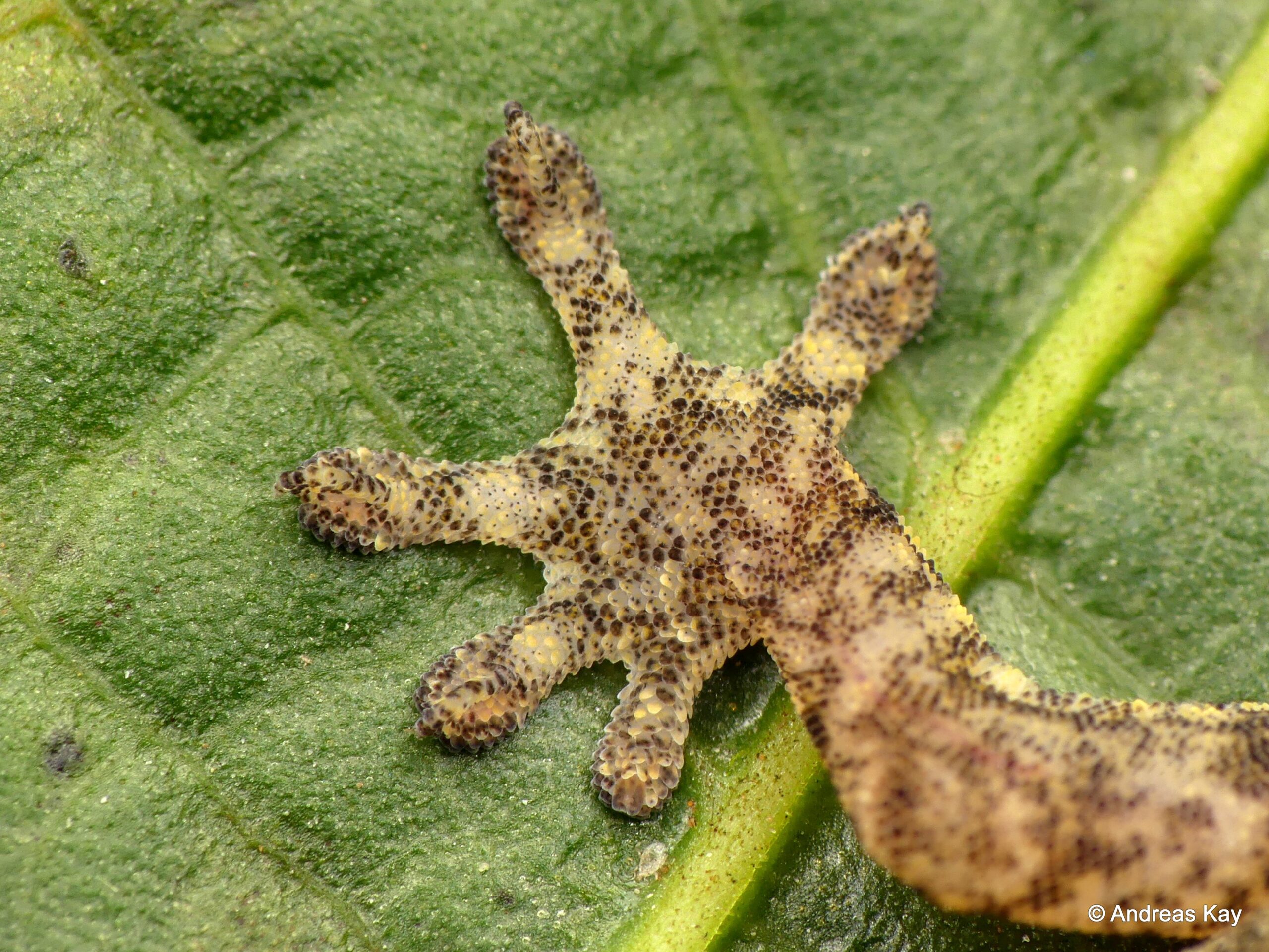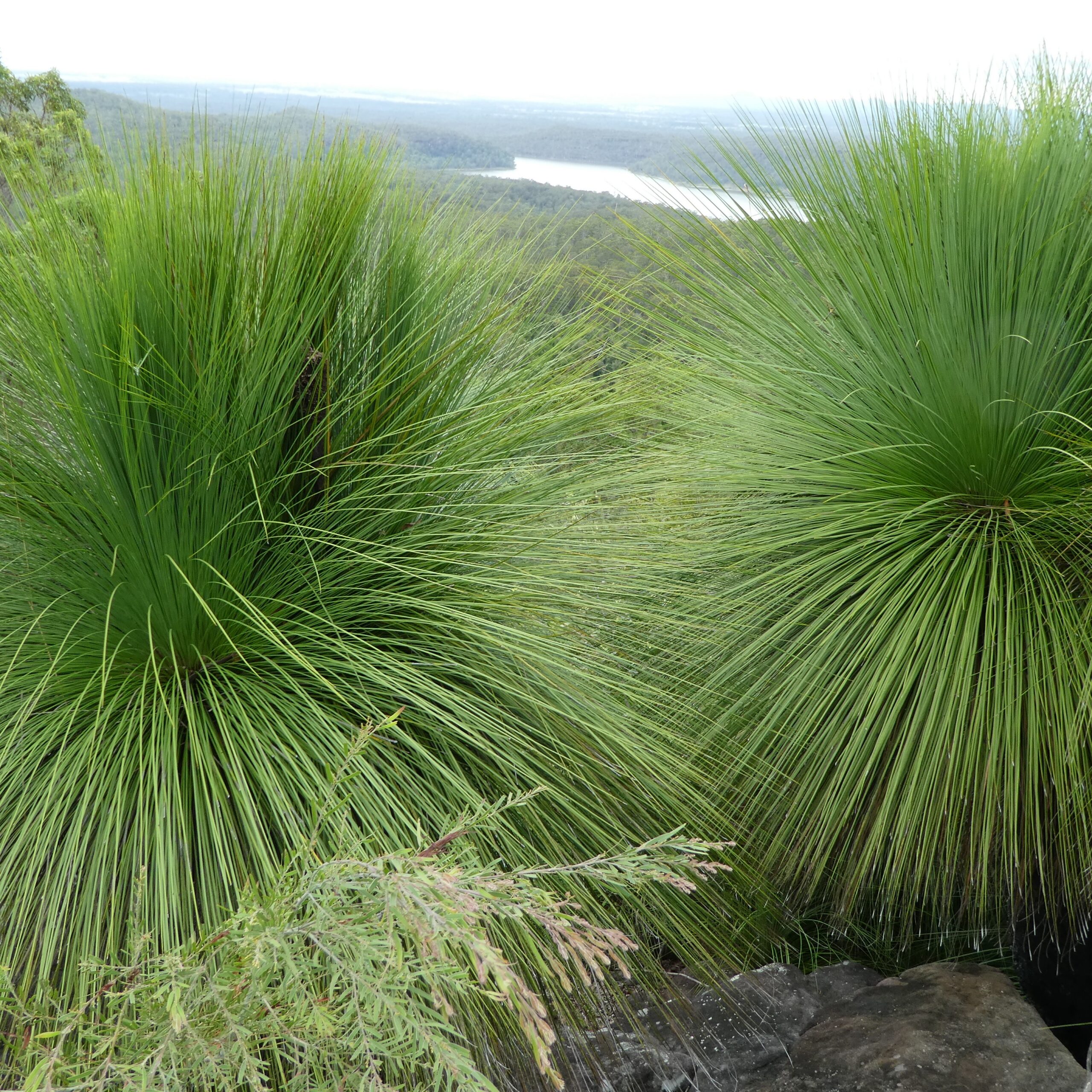Photo credits: Andreas Kay via flickr Australia is home to an array of remarkable reptiles. Among them, two geckos stand out - not just for their unique appearance and behaviour, but also for the growing threats they face. The ringed thin-tail gecko (Phyllurus caudiannulatus) and the Mount Elliot leaf-tailed gecko...
Earlier this month the 8th May marked ‘World Donkey Day’, but sadly we had little to celebrate. Donkey populations have been plummeting around the world due to the demand for their skins reaching record levels, all thanks to an unsubstantiated health fad. ‘Ejiao’ is made using the gelatin from boiled donkey skins, and when combined with various herbs it is a product believed by many to be a ‘miracle elixir’.
Ejiao was traditionally used for its apparent blood-circulation benefits, and is now heavily marketed as a cure for everything from anaemia to impotence, even cancer and asthma, despite the complete lack of any scientific evidence. These exaggerated claims by ejiao producers have caused the price to escalate from around AU$40 up to about AU$600 per donkey hide.
Humane Society International conducted a detailed investigation into the ejiao trade to find out more, and establish who its consumers really are. This work revealed some concerning truths, including further evidence of obscene animal cruelty and fears that this industry is in the process of gearing up. Our findings showed that the ejiao market is expected to maintain a 15% growth rate annually from 2015 to 2020. But a demand at this level is simply not sustainable – the world’s donkey population stands at an estimated 44 million, yet it is anticipated that the demand coming from China could reach up to 10 million donkeys each year – that’s almost a quarter of the global donkey population.

Humane Society International conducted a detailed investigation into the ejiao trade, finding evidence of obscene animal cruelty and confirming fears that this industry is in the process of gearing up even further.
But as donkey numbers have dropped dramatically within China, businesses interested have turned to foreign suppliers introducing serious humanitarian issues. Africa was their first target where huge numbers of donkeys are relied upon by families for survival – their means of transport, collecting water, and farming. It is here where we hear heartbreaking stories of donkeys being stolen in the night from families who depend on them, with some being skinned alive for their valuable hides. 15 countries have already stood against the trade to protect their local donkey populations including Niger, Burkina Faso, Mali and Pakistan, and in some countries the national donkey populations have been halved.
Alarmingly, our report reveals that Australia is the 8th biggest importer of ejiao which means we’re playing a significant role. Australia imported US$4m worth of ejiao in the first 10 months of 2017, so to reduce the overall global demand we must regulate against both imports and exports. With the growing number of developing countries banning donkey skin exports to China to protect their donkey populations and the livelihoods of their citizens, any trade from Australia will only serve to undermine their efforts.
Our investigation also exposed some of the dreadful cruelty associated with ejiao. Our team found that many of the animals are slaughtered by donkey meat dealers in China where they are typically hit over the head with a hammer until they drop dead. This practice was witnessed in a rural donkey slaughter operation and after struggling to stay alive, the donkey took several minutes to die.

15 countries have already stood against the trade to protect their local donkey populations including Niger, Burkina Faso, Mali and Pakistan. Image: iStock.com/nekaland
The Australian government is contemplating their part in the ejiao industry, with research underway in the Northern Territory to explore the viability of farming donkeys, and then exporting their skins to China. But this could spell disaster for a species deemed highly unsuitable for farming. The stress from capture, transport, and changing environments can lead to a condition called hyperlipaemia which can result in numerous fatalities.
Even China’s National Health & Family Planning Commission have questioned the legitimacy of ejiao, posting on social media that it was ‘not worth buying’ which sparked a media frenzy earlier this year. They were later required to retract their statement. The controversial product is facing increasing scrutiny, and as a result international online auction site eBay has removed it from their offerings. So this puts Australia at risk – building an industry around a product that has dubious efficacy and tenuous global social licence is unlikely to end well. In fact, it would be nothing short of a national embarrassment if Australia was named the first developed country to fuel this appalling trade.
So where to from here? Our investigation has shown the ejiao industry to be both cruel and unsustainable, producing a product that nobody needs, and with no proven health benefits. So education is the key to ensure consumers of this controversial creation know the full story, and the implications for both animals and people worldwide. In China we are supporting a campaign to raise awareness through TV advertising, social media posts, and print media reaching millions to curb the demand. Meanwhile in Australia, we continue our efforts to urge the government to end any support of the ejiao trade because fuelling the demand is simply not the solution.
Humane Society International’s report on ejiao is available here.
Please sign our letter to Federal Agriculture Minister David Littleproud asking him to rule out support by Australia for the ejiao trade.


